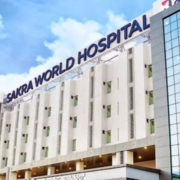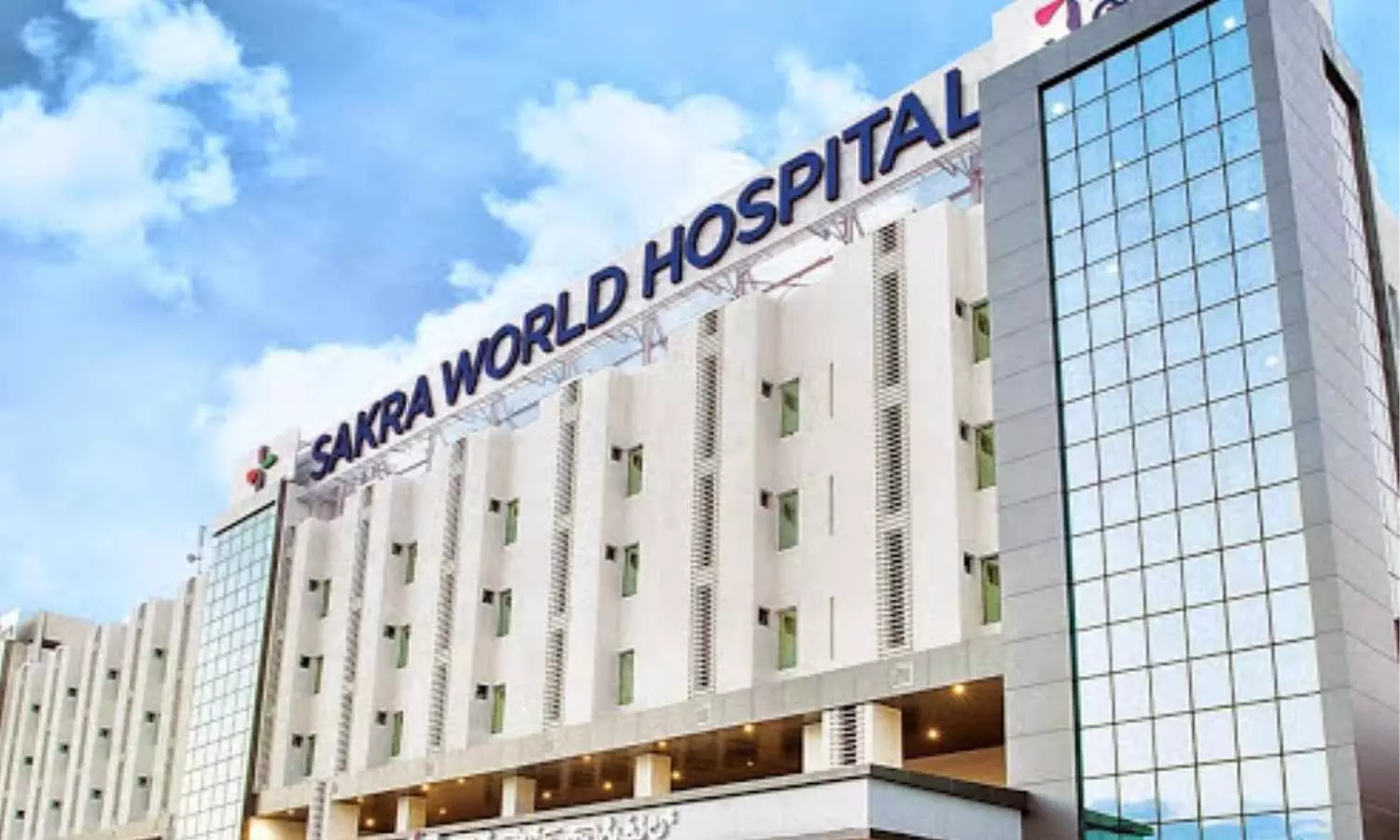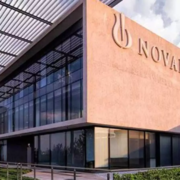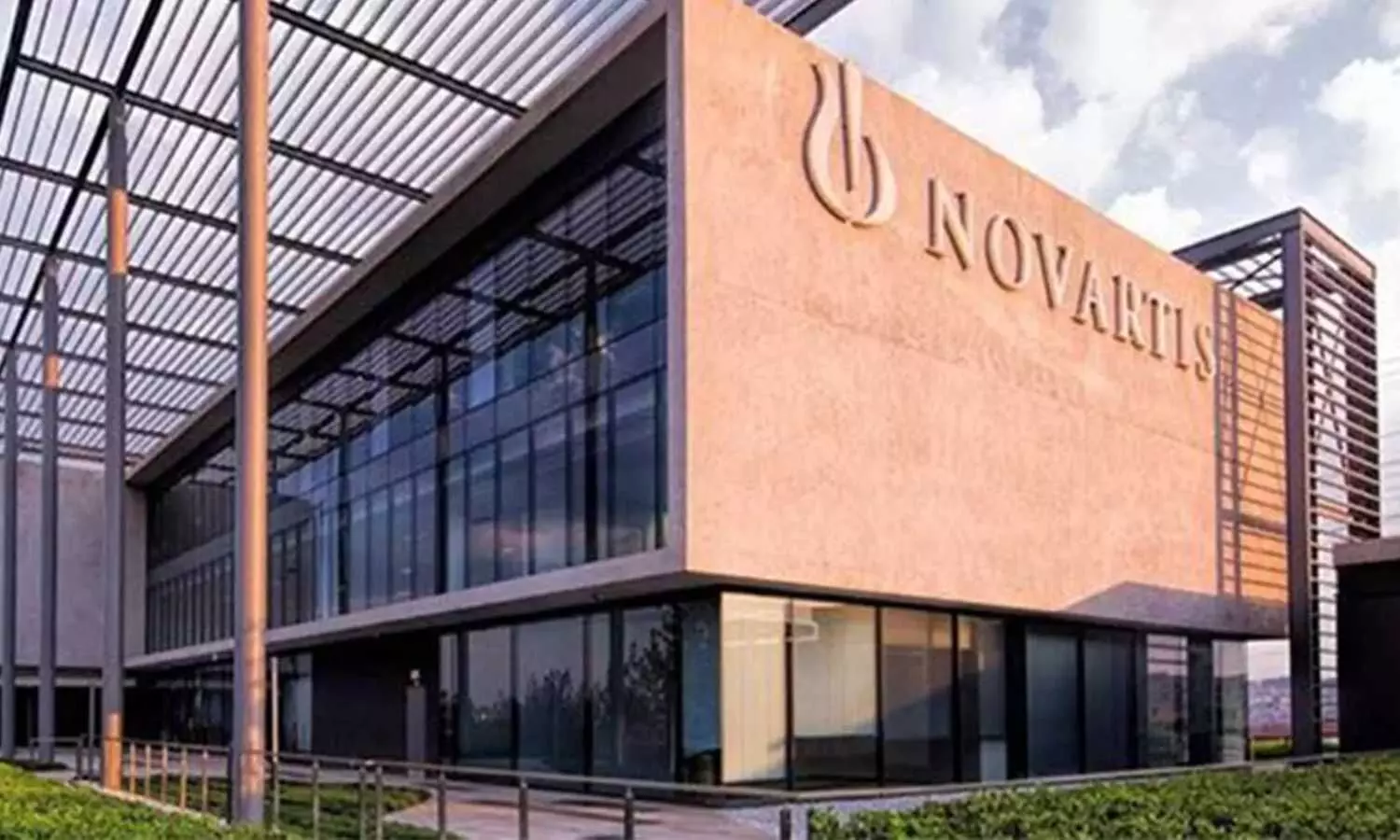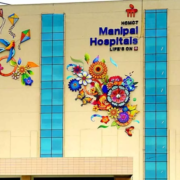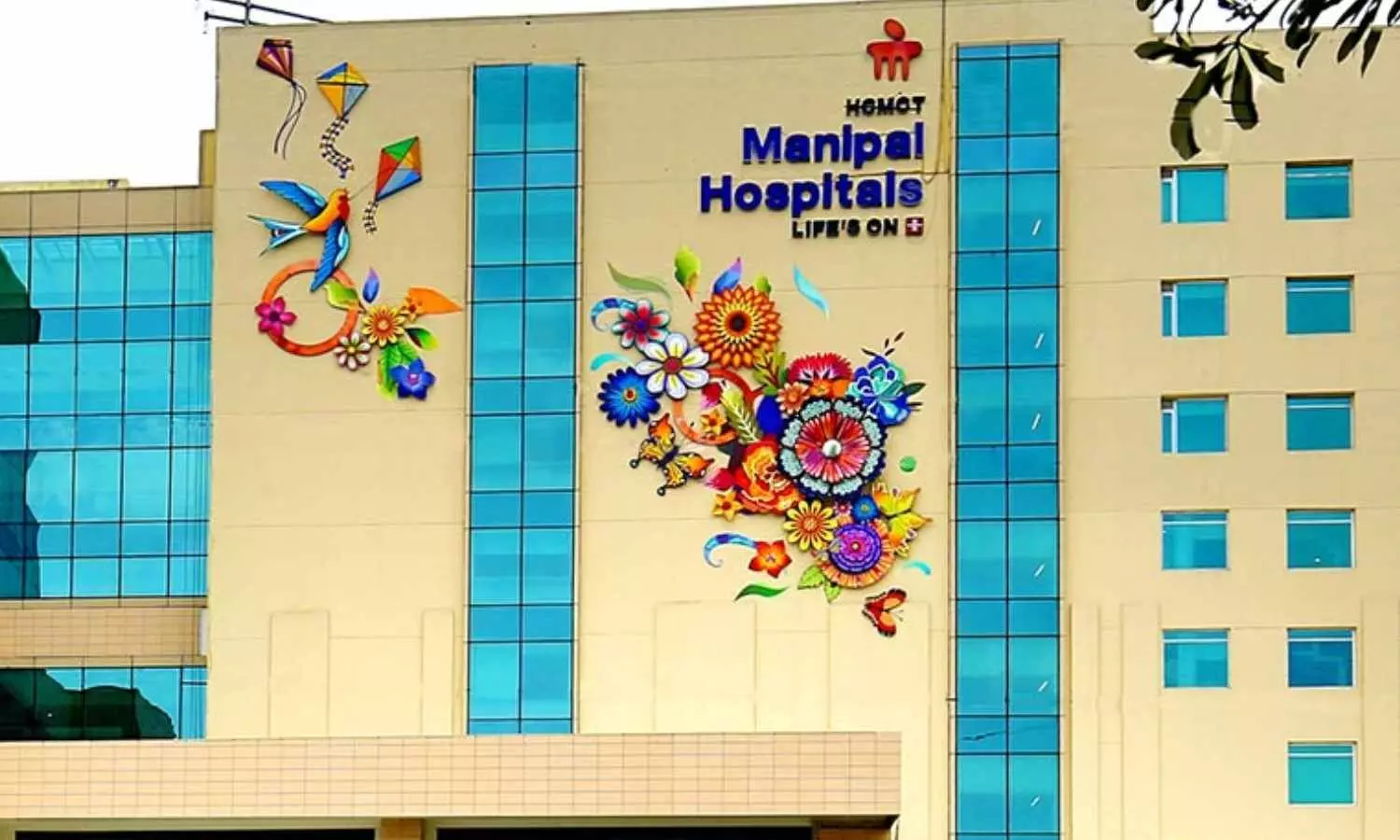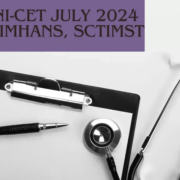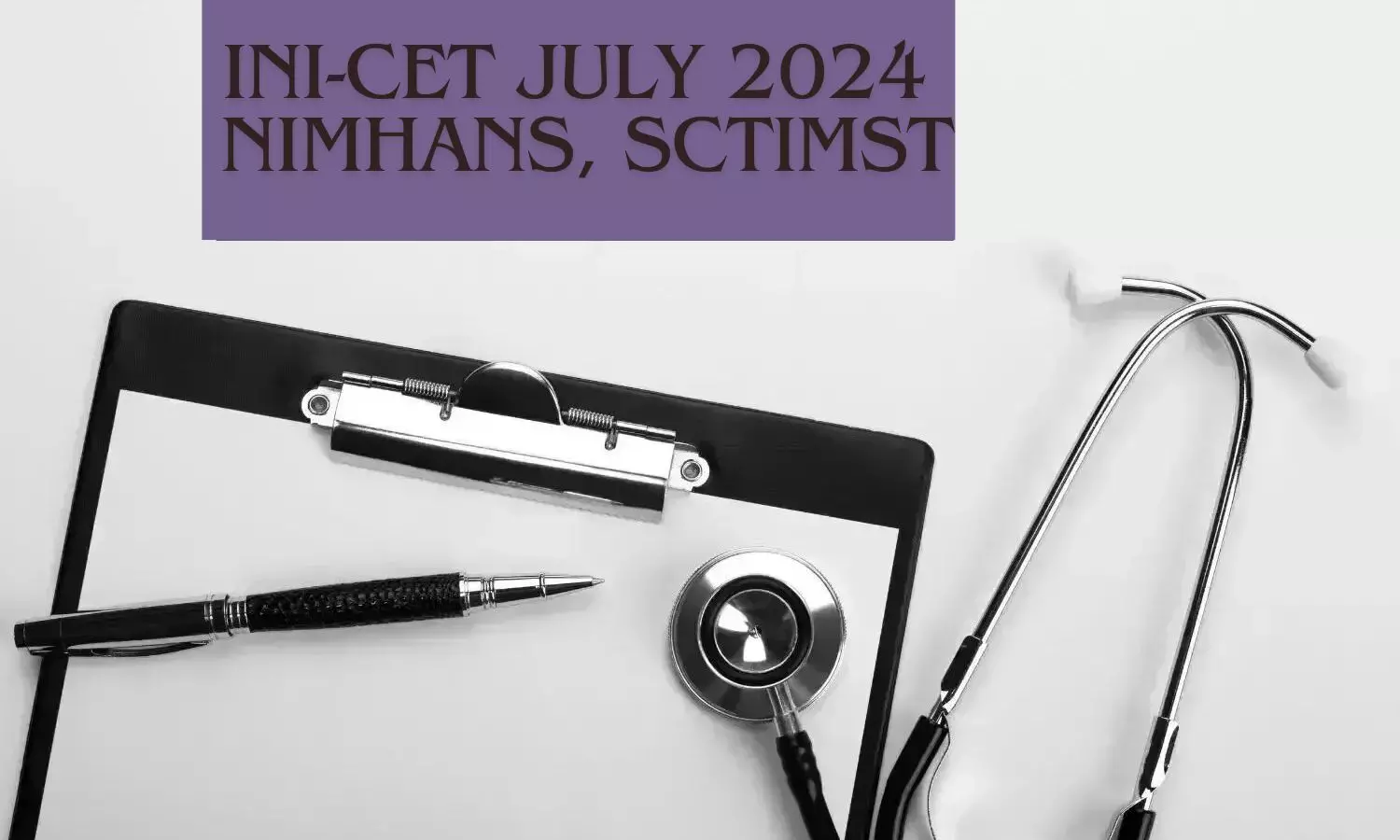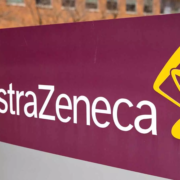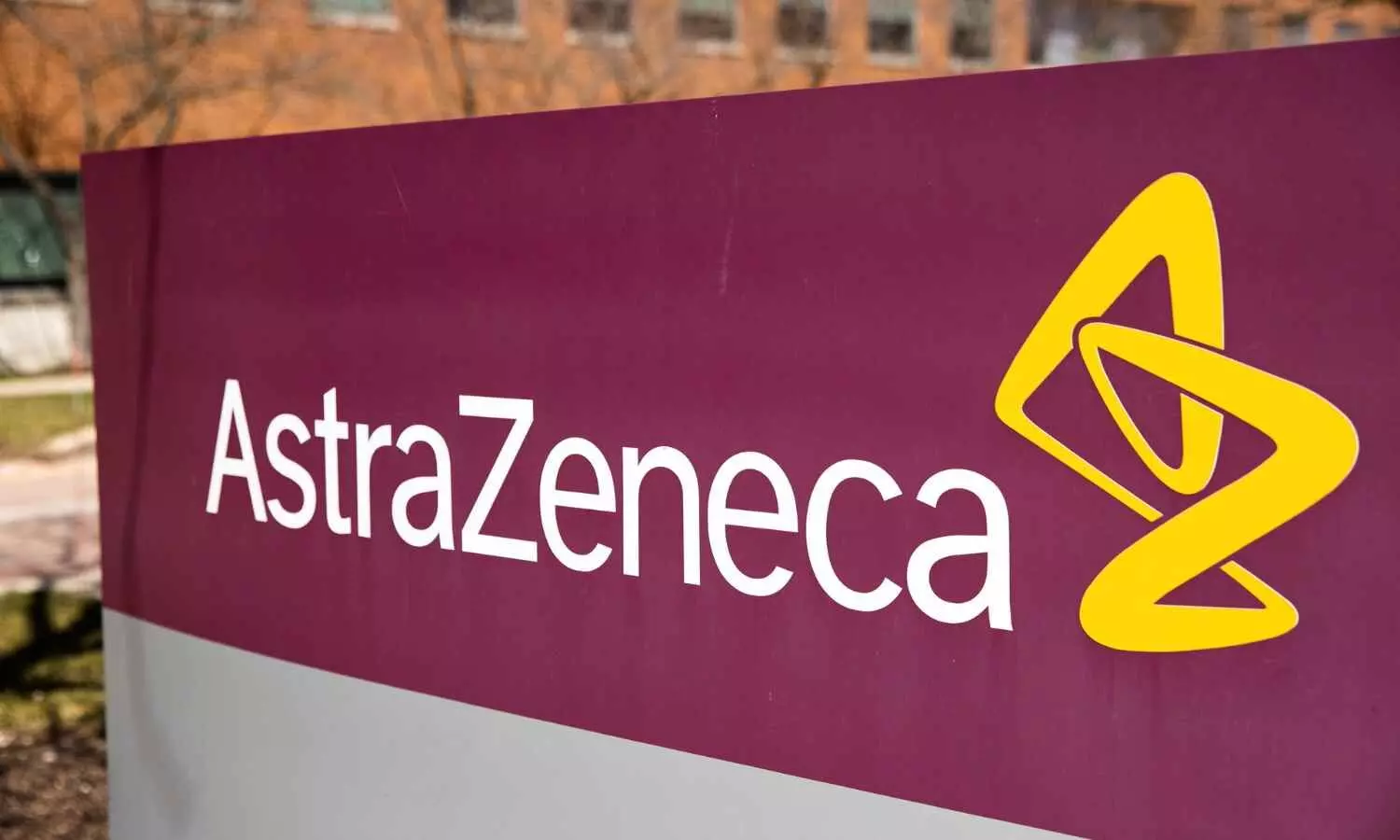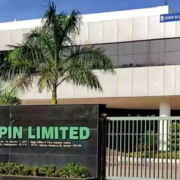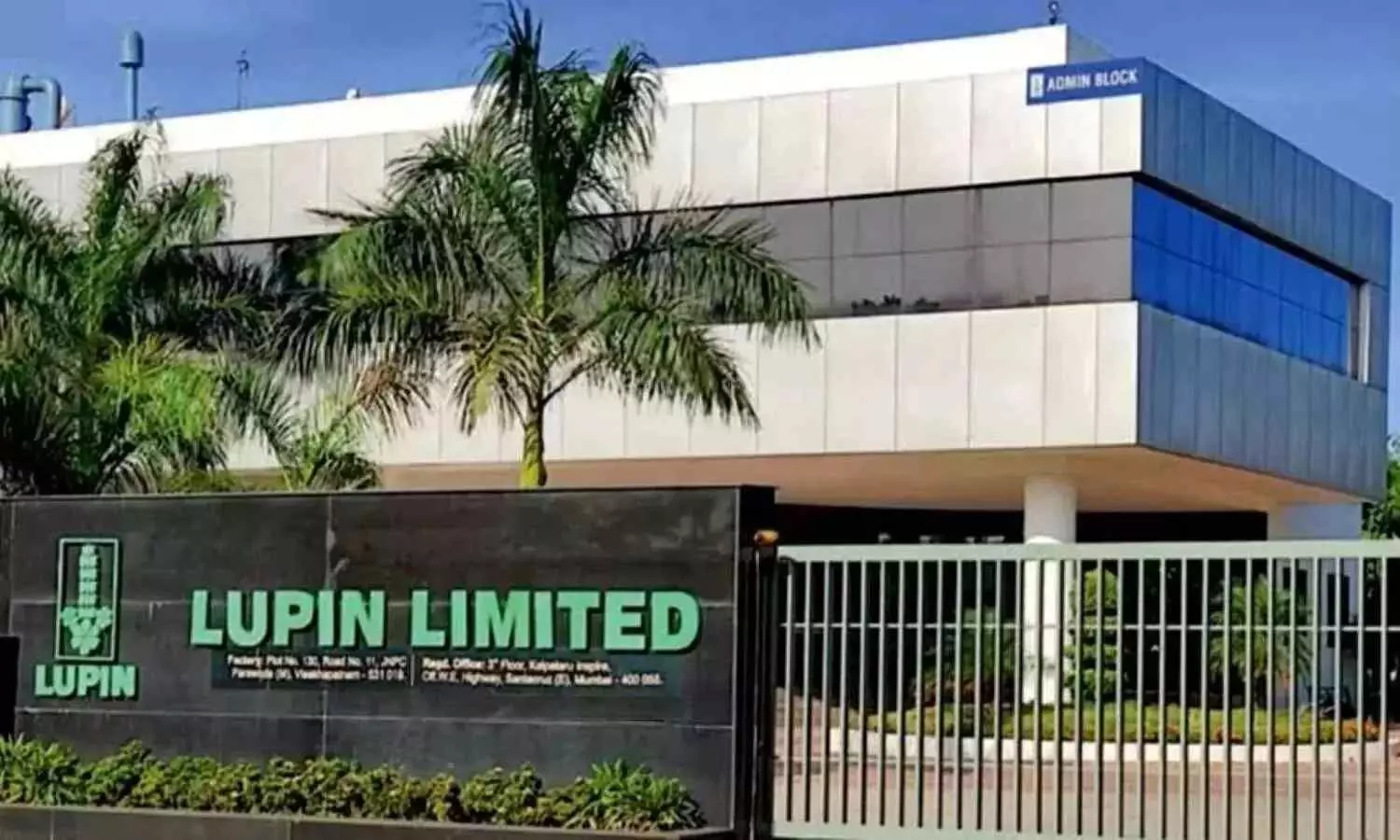Lack of Basic Infrastructure: Doctor flags Plight of AIIMS Madurai Medicos, says Institute’s reputation doesn’t match reality

New Delhi: In a shocking post, a Delhi-based doctor and Health Activist has highlighted the plights of medical students at All India Institute of Medical Sciences (AIIMS), Madurai as he claimed that the institute lacks even the basic infrastructure required to run a medical college.
Unveiling the ‘real’ condition of the institute, Dr. Dhruv Chauhan, a Med-Influencer and also the National Committee Co-ordinator of the Indian Medical Association Junior Doctors’ Network (IMA-JDN) has expressed his disappointment over the fact that the reputation of AIIMS, a premier medical institute, does not match the current scenario of AIIMS Madurai.
Taking to X (formerly Twitter), Dr. Chauhan highlighted the condition of the institute and claimed that the students are pleading with the authorities to shift them to other medical colleges. According to Dr. Chauhan, this situation is a result of opening so many medical colleges without any basic facilities.
As per the X post, there are no patients in wards at the institute for clinical examination and there is a prohibition in visiting the OPD and OT as well. He also claimed that the institute lacks proper facilities to accommodate the medical students and as a result, 5 students are staying in a single room.
He also alleged that the libraries at the institute are so poor that there are no books for anyone except the 1st year medical students. In another post, he shared a picture of a library showing only one of the two almirahs in the picture filled with books.
Sharing the picture, Dr Chauhan wrote, “AIIMS madurai Library , even local street libraries have more books than this , here they don’t have anything for 2nd and 3rd year MBBS students !”
“AIIMS” the institution name sounds a big thing no ? But not anymore !” he mentioned in a post. On the one hand, he highlighted the problems faced by the medicos due to lack of facilities, and on the other, he mentioned in the post, “On asking the administration the reply is “who asked you to join AIIMS Madurai” ? This is the result of opening so many Medical colleges without any basic facilities !”
Responding to the post, some of the users questioned how there are students at the institute when AIIMS Madurai has not been even constructed yet. Explaining the situation, the doctor mentioned in another X post, “The answer is AIIMS Madurai has a temporary campus where 3 MBBS batches reside And their students go to GMC ramanathpuram college where they are studying in the “name of Aiims Madurai” and they don’t get any facilities because the GMC students are already there and occupancy is not sufficient .”
“So the question is it has been 4 years and in the name of admission of Aiims Madurai people have to study in state college while the tag is still of Aiims ! Isn’t it strange in itself ? Does that mean Aiims = GMC ?” he questioned, adding “Not just study they will graduate in the name of Aiims Madurai while their college will remain GMC ramanathpuram.”
Speaking to Medical Dialogues in this regard, Dr. Dhruv Chauhan informed that many students had approached him raising the issue. “AIIMS Madurai has 3 batches and are running in the name of temporary campus with their college and hospital as GMC Ramanathapuram. The AIIMS Madurai batches will pass even before seeing the building which is not even constructed yet and running in GMC which itself doesn’t provide them sufficient facilities,” he said.
Medical Dialogues team had earlier reported that the institute was finally expected to be completed by 2028, with its construction to begin by December 2023 and the tender for the construction was also floated.
However, earlier this year a Public Interest Litigation (PIL) was filed before the Madras High Court highlighting the prolonged delay in the construction of AIIMS Madurai and taking note of the issue, the HC bench of Justices D. Krishnakumar and Vijayakumar had earlier issued notices into the matter.
Also Read: Madras HC issues notice to Centre on PIL to expedite construction of AIIMS Madurai
Powered by WPeMatico


